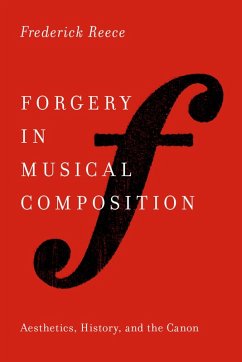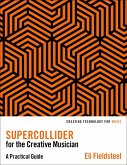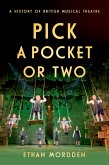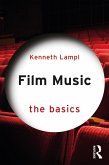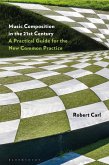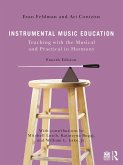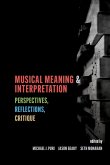We all know about art forgeries, but why write fake classical music? In
Forgery in Musical Composition, Frederick Reece investigates the methods and motives of mysterious musicians who sign famous historical names like Haydn, Mozart, and Schubert to their own original works. Analyzing a series of genuinely fake sonatas, concertos, and symphonies in detail, Reece's study exposes the shadowy roles that forgeries have played in shaping perceptions of authenticity, creativity, and the self within classical music culture from the 1790s to the 1990s. Holding a magnifying glass to a wide array of phony works,
Forgery in Musical Composition explains how skillful fakers have succeeded in the past while also proposing active steps that scholars and musicians can take to better identify deceptive compositions in the future. Pursuing his topic from case to case, Reece observes that fake historical masterpieces have often seduced listeners not simply by imitating old works, but rather by mirroring modern cultural beliefs about innovation, identity, and meaning in music. Here forged compositions have important truths to tell us about knowing and valuing works of art precisely because they are not what they appear.
Dieser Download kann aus rechtlichen Gründen nur mit Rechnungsadresse in A, B, BG, CY, CZ, D, DK, EW, E, FIN, F, GR, HR, H, IRL, I, LT, L, LR, M, NL, PL, P, R, S, SLO, SK ausgeliefert werden.

